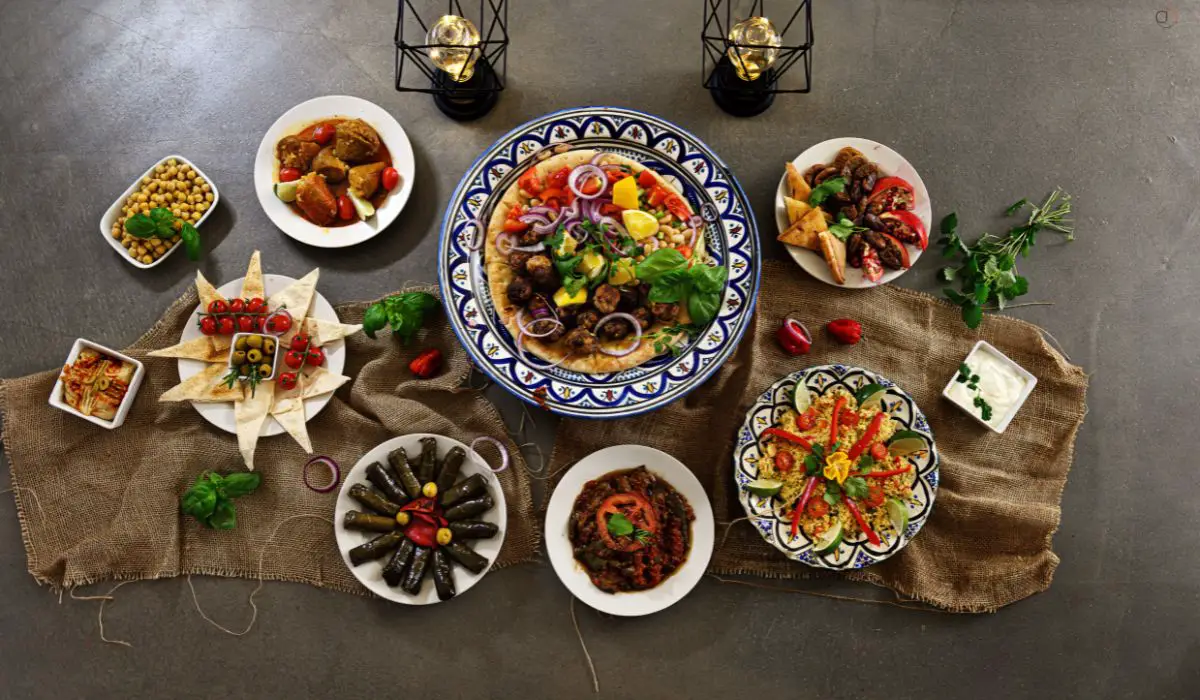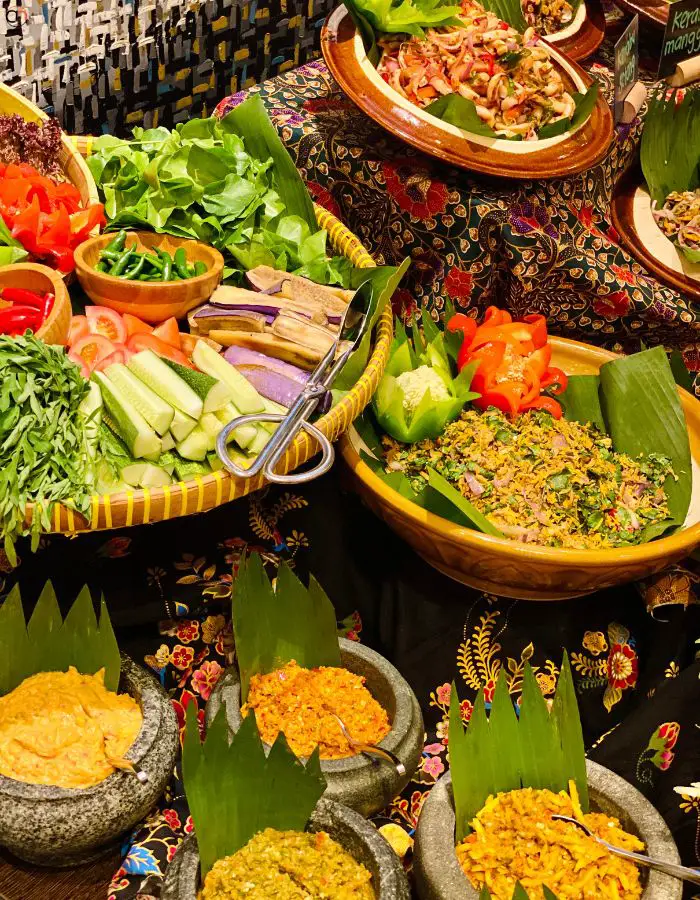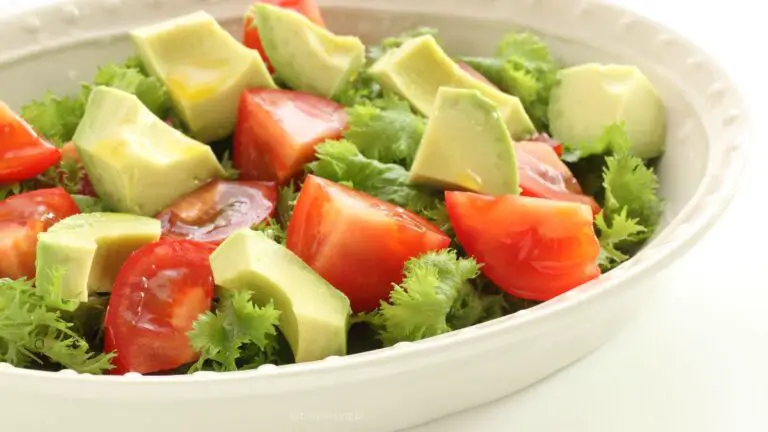Ramadan Dinner Ideas

Ramadan is a month of spiritual reflection, fasting, and gathering with loved ones. After a long day of fasting, a well-balanced and nourishing iftar meal is essential to restore energy and keep the body hydrated.
While traditional dishes hold a special place during Ramadan, incorporating healthy, delicious, and easy-to-prepare meals can enhance your dining experience.
If you’re looking for protein-packed meals, vegetarian delights, or comforting soups, this blog provides a variety of ramadan dinner ideas to keep your iftar both satisfying and wholesome.
7 ramadan dinner ideas:
1. Light and Hydrating Starters
Starting iftar with light foods helps ease digestion and prepares the stomach for the main meal. Here are some refreshing options:
- Dates and Water: The traditional way to break the fast, dates provide instant energy and essential nutrients, while water helps with hydration.
- Fruit Chaat: A refreshing mix of seasonal fruits with a hint of chaat masala and honey.
- Lentil or Vegetable Soup: Warm, nourishing, and easy to digest, soups provide essential vitamins and hydration.
- Yogurt-Based Starters: Dishes like cucumber raita or laban (buttermilk) help cool the body and aid digestion.
2. Protein-Packed Main Dishes
Including protein in your Ramadan dinners ensures sustained energy throughout the night. Some great protein-rich options include:
- Grilled Chicken with Quinoa: A healthy, balanced meal full of protein and fiber.
- Lamb or Chicken Kebabs: Flavorful and satisfying, these kebabs pair well with whole wheat pita or brown rice.
- Baked Fish with Vegetables: A light and nutritious dish that supports muscle recovery after fasting.
- Eggplant and Chickpea Curry: A vegetarian delight packed with protein and flavor.
3. Hearty and Wholesome Vegetarian Meals
If you prefer plant-based meals, here are some nourishing vegetarian dinner ideas:
- Stuffed Bell Peppers: Filled with quinoa, vegetables, and beans for a nutrient-rich meal.
- Spinach and Lentil Stew: A comforting dish full of iron, protein, and fiber.
- Vegetable Stir-Fry with Tofu: A quick and delicious meal with fresh vegetables and plant-based protein.
- Chickpea and Sweet Potato Curry: A creamy, flavorful dish that provides long-lasting energy.
4. Traditional and Comforting Dishes
Classic Ramadan meals that bring warmth and nostalgia to iftar tables include:
- Biryani: A fragrant rice dish with layers of spiced meat or vegetables.
- Stuffed Grape Leaves: A Mediterranean favorite with a tangy, herby filling.
- Moussaka: A baked eggplant dish with layers of tomatoes, minced meat, and bechamel sauce.
- Fattoush or Tabouleh Salad: Light and zesty, these Middle Eastern salads balance heavier meals.
5. Nutrient-Dense Side Dishes
Side dishes add variety and extra nutrition to your Ramadan dinner:
- Hummus with Whole Wheat Pita: A protein-rich dip made from blended chickpeas and tahini.
- Baba Ganoush: A smoky eggplant dip with garlic and tahini.
- Grilled Vegetables: Zucchini, bell peppers, and carrots lightly seasoned and grilled.
- Quinoa and Black Bean Salad: A fiber-filled, refreshing side dish.
6. Refreshing Drinks to Rehydrate
Drinking the right beverages after iftar is crucial for replenishing lost fluids:
- Homemade Lemon Mint Cooler: A naturally refreshing and hydrating drink.
- Fresh Fruit Smoothies: Blended fruits with yogurt or coconut water for a nutrient boost.
- Herbal Teas: Chamomile, peppermint, or hibiscus tea to aid digestion.
- Coconut Water: A natural electrolyte-rich drink for hydration.
7. Healthy and Light Desserts
Sweet treats can be healthy while still satisfying your cravings:
- Date and Nut Energy Balls: Naturally sweet and full of healthy fats.
- Baked Apples with Cinnamon: A warm dessert with natural sweetness.
- Chia Seed Pudding: A creamy, fiber-rich dessert with fresh fruit toppings.
- Greek Yogurt with Honey and Nuts: A light yet satisfying way to end the meal.
Ramadan is a time for nourishment, both spiritually and physically.
Get more; Not Eat During Ramadan
Last Call:
- Choosing balanced and wholesome meals ensures that you stay energized throughout the fasting period.
- Avoiding heavy, greasy foods and opting for natural ingredients will help with digestion and overall well-being.
- As you plan your iftar meals, try out different combinations to keep your menu exciting and diverse. Do you have favorite Ramadan dinner recipes?
- Share them in the comments! Follow us on Pinterest for more meal ideas and inspiration.
FAQs:
Q. What are the best light starters for iftar?
The best light starters include dates, fresh fruit, soups, and yogurt-based dishes to ease digestion and provide hydration.
Q. How can I make my Ramadan meals healthier?
Opt for grilled or baked foods instead of fried, include whole grains, eat plenty of vegetables, and avoid processed sugar and excessive salt.
Q. What protein sources are best for Ramadan dinners?
Lean proteins like chicken, fish, lentils, beans, and tofu provide essential nutrients and keep you full longer.
Q. How can I stay hydrated after iftar?
Drink plenty of water, fresh fruit juices, coconut water, and herbal teas while avoiding caffeine and sugary sodas.
Q. What are some easy desserts to prepare for Ramadan?
Healthy desserts include chia pudding, baked apples, date and nut energy balls, and Greek yogurt with honey and nuts.






